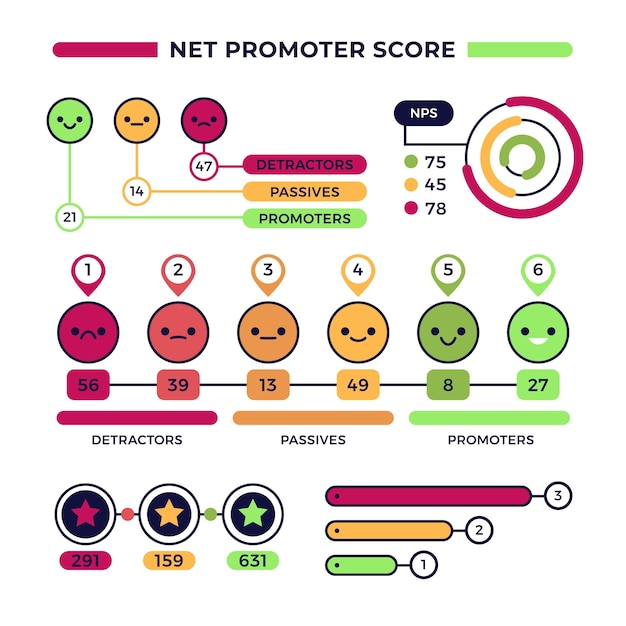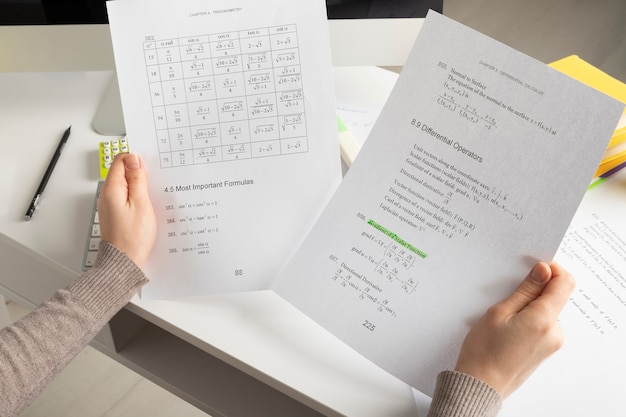
Conditional sentences are an essential part of the English language. They allow us to express hypothetical situations and their potential consequences. By understanding and using conditionals correctly, we can communicate more effectively and convey different shades of meaning. In this article, we will explore the four main types of conditionals: zero, first, second, and third conditionals.
Before we dive into the specifics, let’s first understand the basic structure of a conditional sentence. A conditional sentence consists of two clauses: the main clause and the subordinate clause. The main clause expresses the result or consequence, while the subordinate clause expresses the condition. The two clauses are connected by words like “if,” “unless,” “when,” or “provided that.”
Now, let’s explore each type of conditional sentence in detail.
1. Zero Conditional:
The zero conditional expresses general truths or facts. It describes situations that are always true or predictable. In the zero conditional, both the condition and the result are in the present tense. Take a look at the following example:
“If you heat water to 100 degrees Celsius, it boils.”
In this example, the condition is “heating water to 100 degrees Celsius,” and the result is “it boils.” The zero conditional is often used to state scientific facts or describe cause-and-effect relationships.
2. First Conditional:
The first conditional is used to talk about possible future events or outcomes that are likely to happen. In this type of conditional sentence, the condition is in the present simple tense, and the result is in the future simple tense. Here’s an example:
“If it rains tomorrow, we will stay at home.”
In this sentence, the condition is “if it rains tomorrow,” and the result is “we will stay at home.” The first conditional is commonly used to discuss plans, predictions, or consequences that are likely to occur.
3. Second Conditional:
The second conditional expresses hypothetical or unreal situations in the present or future. It describes events that are unlikely or contrary to reality. In the second conditional, the condition is in the past simple tense, and the result is in the present conditional or future conditional tense. Consider this example:
“If I won the lottery, I would travel the world.”
Here, the condition is “if I won the lottery,” and the result is “I would travel the world.” The second conditional allows us to imagine different outcomes or dream about unlikely scenarios.
4. Third Conditional:
The third conditional is used to talk about hypothetical events in the past and their imagined consequences. It describes situations that have already happened but with a different outcome. In the third conditional, the condition is in the past perfect tense, and the result is in the conditional perfect or future perfect tense. Let’s look at an example:
“If she had studied harder, she would have passed the exam.”
In this sentence, the condition is “if she had studied harder,” and the result is “she would have passed the exam.” The third conditional allows us to reflect on past events and imagine alternative outcomes.
Now that we have a good understanding of the different types of conditionals, let’s practice using them in some exercises:
Exercise 1:
Complete the following sentences with the appropriate conditional form:
1. If I ______ (have) more time, I ______ (join) the party.
2. If I ______ (see) her, I ______ (tell) her the news.
3. If she ______ (study) harder, she ______ (get) better grades.
Answers:
1. If I had more time, I would join the party.
2. If I see her, I will tell her the news.
3. If she had studied harder, she would have gotten better grades.
Exercise 2:
Rewrite the following sentences using the given conditional type:
1. I don’t have any money, so I can’t buy a new car. (First conditional)
2. If I were a bird, I would fly to the highest mountains. (Third conditional)
3. If you eat too much, you will feel sick. (Zero conditional)
Answers:
1. If I have money, I will buy a new car.
2. If I had been a bird, I would have flown to the highest mountains.
3. If you eat too much, you feel sick.
Understanding and using conditional sentences is crucial for effective communication in English. By mastering the zero, first, second, and third conditionals, you can express different degrees of certainty, possibility, and hypothetical situations. Practice using conditionals regularly, and soon you’ll be able to convey your thoughts and ideas with precision and clarity.






